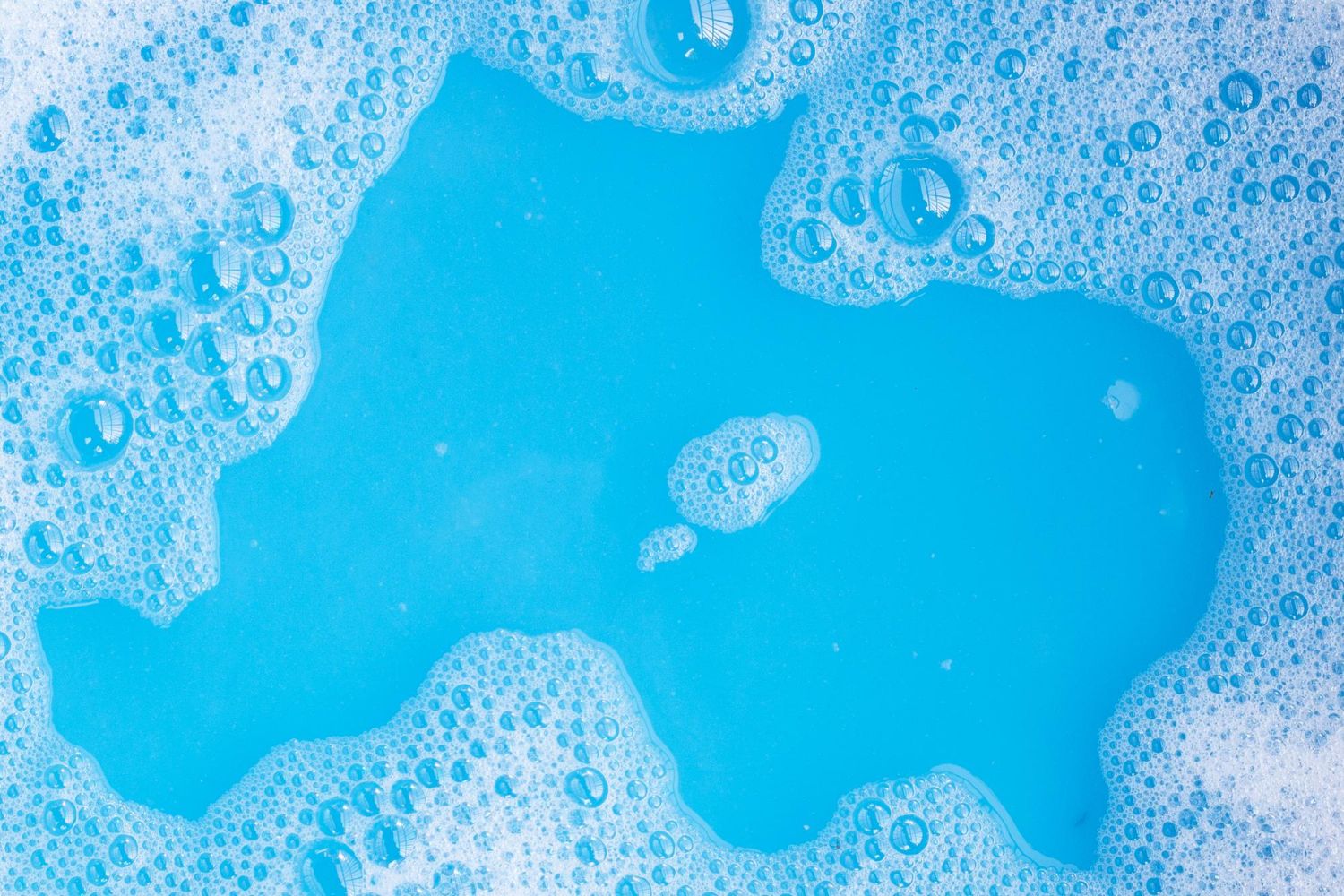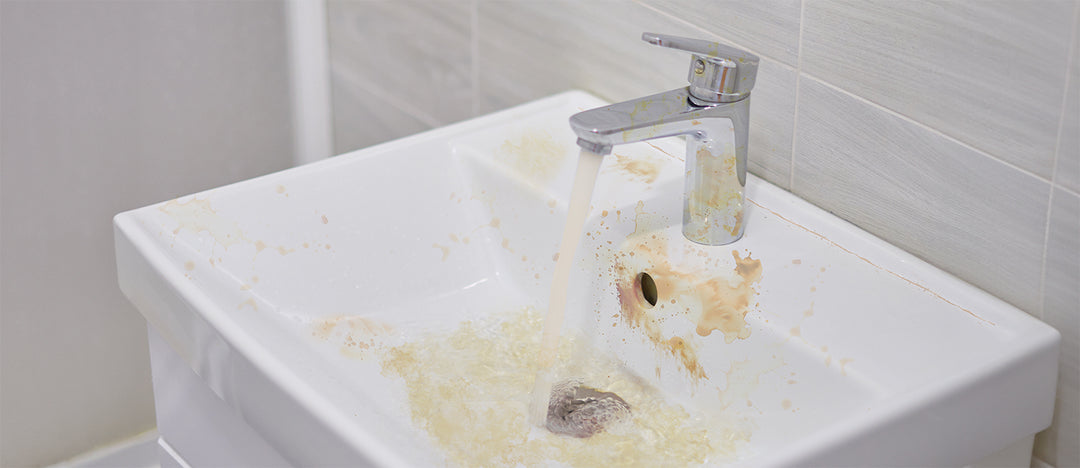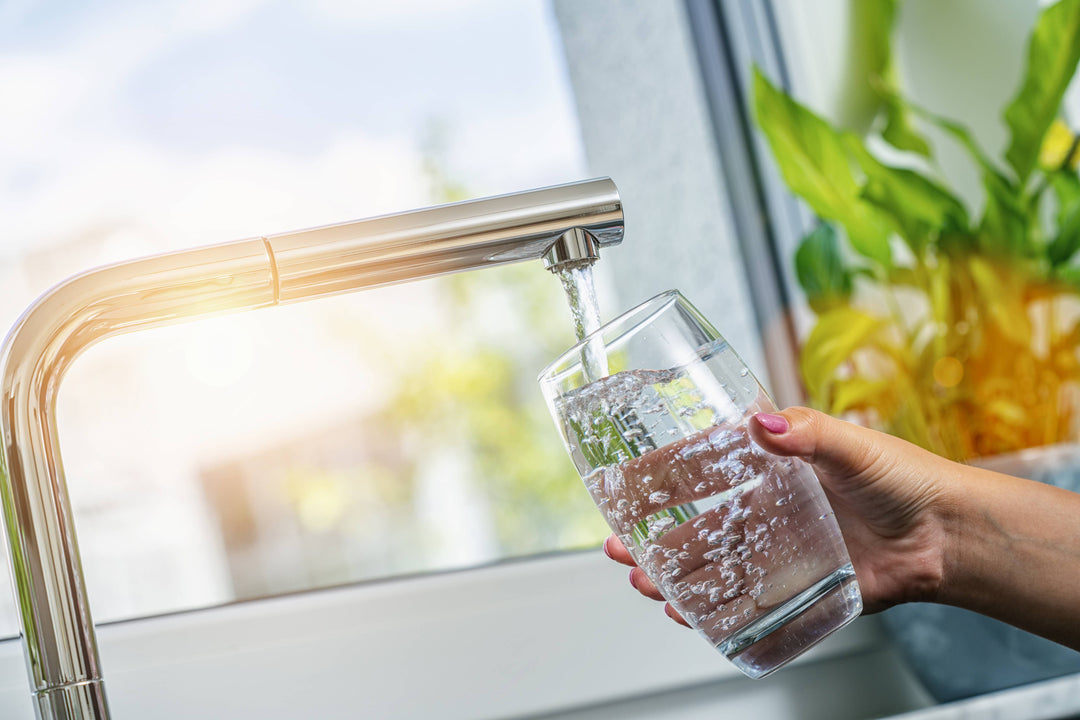Water softeners are indispensable appliances for homeowners seeking to tackle the menace of hard water. Hard water, characterized by high mineral content, particularly calcium and magnesium, can wreak havoc on plumbing, appliances, and even our skin and hair. Two main types of water softeners dominate the market—salt-based and salt-free systems. In this blog, we'll delve into the differences between these two technologies, weighing their pros and cons to help you make an informed decision for your home.
Understanding Hard Water:
Before delving into the specifics of salt-based and salt-free water softeners, it's crucial to understand the problem they aim to solve—hard water. Hard water is a result of dissolved minerals, mainly calcium and magnesium, in groundwater. When water with high mineral content flows through pipes and appliances, it leaves behind deposits known as limescale. Over time, limescale buildup can lead to reduced water flow, increased energy consumption, and damage to appliances. Costing you hundreds or thousands in appliance repair. Hard water can cause water to be smelly, cloudy, and taste funky. All regions over the United States experience a form of hard water.
REN Waters Salt-Free Systems:
How They Work:
- Salt-free systems, also known as descalers or conditioners, use a different approach to combat hard water. These systems don't remove the calcium and magnesium minerals but rather alter their form to prevent limescale buildup. Why is this good? Well these minerals are known to be beneficial as they offer a nutritional value. We’re talking about Template Assisted Crystallization (TAC), where minerals are transformed into tiny crystals that won't adhere to surfaces. The Calcium and Magnesium minerals become crystallized and flow through your water without being deposited so your home is safe and you still get the nutritional added-benefits of these minerals.
Salt-based water softeners operate on a process called ion exchange. These systems use resin beads coated with sodium ions. As hard water passes through the resin tank, calcium and magnesium ions are exchanged for sodium ions, effectively softening the water. This leaves the water with a slimy feel which people don’t like.
Effectiveness:
- While salt-free water softeners don't remove minerals from water, they are effective in preventing limescale deposits. They offer a more eco-friendly solution, as they don't require salt or electricity to operate. They simply crystallize the minerals that cause hard water to prevent limescale deposits, unpleasant tastes, odors, and cloudiness in your water. Expect better lathering soap, extended appliance life, revitalized skin and hair, and most importantly better water!
Maintenance and Operating Costs:
- Salt-free systems are often touted for their low maintenance and operating costs. Since they don't rely on salt, there's no need for regular replenishment of 40 pound salt bags every month, and the absence of a regeneration cycle reduces energy consumption and time spent playing with systems regeneration. You simply install and enjoy!
- Salt Based systems require monthly salt replenishment. Owners often find themselves messing with the regenerations cycles and hauling 40 LB salt bags. These systems require a drain water system. This has seen them be restricted in several states across the United States.
Water Hardness Levels:
- The decision between a salt-based and salt-free water softener often hinges on the hardness of the water in your area. In regions with extremely hard water, a salt-based system might be more suitable due to its robust ion exchange process.
Eco-Friendliness:
- If environmental impact is a significant concern, salt-free water softeners are a more eco-friendly choice. They operate without the need for salt and don't discharge brine into wastewater, making them a greener option.
Budget Considerations:
REN Water’s Salt-Free system is perfectly affordable and cost-effective. It doesn’t require 40 LB salt bags every month which means more money kept in your pocket. Doesn’t run water for regeneration cycles and wastewater. The waste water in the brine tank can be harmful to your grass and plants. With our systems they’re designed to be installed in any home!
Installation Requirements:
- Our Salt-free systems are more compact and easier to install, making them suitable for homes with space constraints. Just drop the filter in the housings and connect our system to your water line.
- Salt-based water softeners require more space for the main resin tank and a second brine tank for the drainage and regeneration process. You need to haul the heavy tank to your designated area and then fill it with resins and media. Then let it soak for an extended period of time before you can use it. You then need to fill the brine tank with salt and install a drain line so the water can be dumped and drained. This process can take several hours and may even require a plumber.
Conclusion:
In the perennial battle against hard water, REN Water’s salt-free systems offer viable solutions for those interested in a certified effective system with zero maintenance. It simply filters and doesn’t leave slimy water for you to notice. Considering various factors, including effectiveness, environmental considerations, budget constraints, and installation requirements REN Water’s MWH-2 is the perfect solution for homeowners who want a modern filtration solution to hard water.





